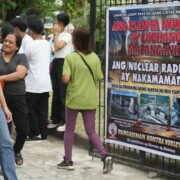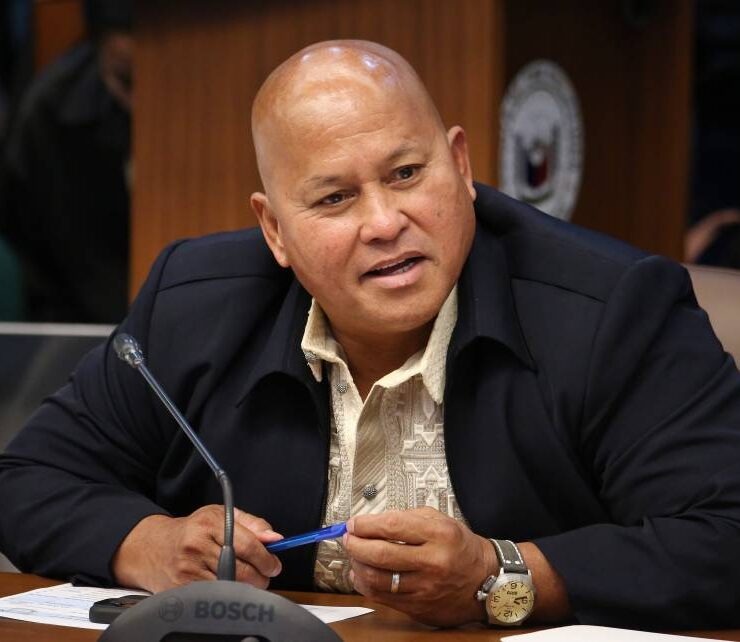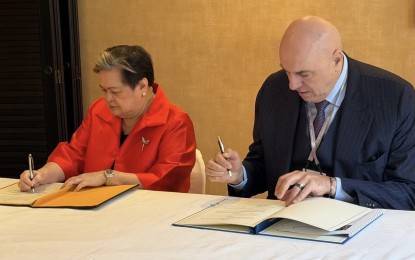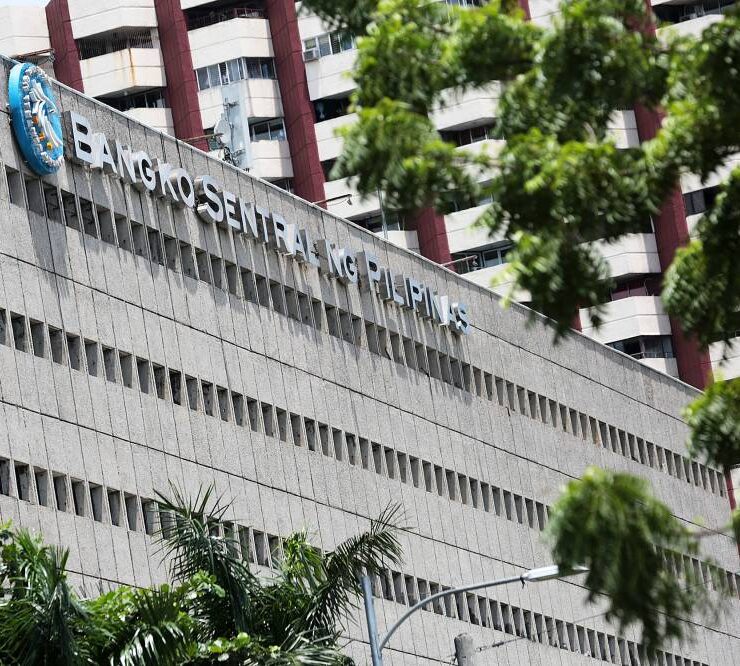House eyes review of NGCP franchise over project delays
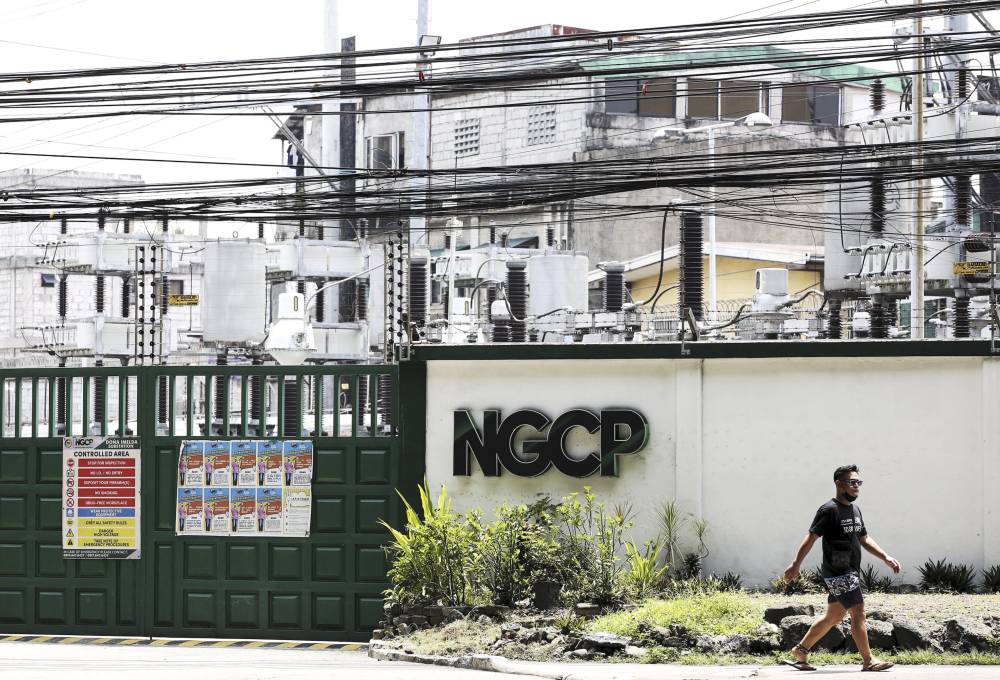
A House of Representatives panel will look into the compliance of the National Grid Corporation of the Philippines (NGCP) with its franchise terms following allegations of its lapses and unjust practices that burden consumers.
During Monday’s briefing on the preparedness of power utilities on the effects of the La Niña phenomenon, the House committee on legislative franchises, chaired by Parañaque City Rep. Gustavo Tambunting, decided to conduct a motu proprio inquiry and review NGCP’s franchise granted through Republic Act No. 9511.
Deputy Speaker David Suarez initially sought a comprehensive review and analysis of NGCP’s performance with respect to its franchise, which he later amended to call for an inquiry instead.
The probe will focus on NGCP’s delayed projects, alleged unfair charges to consumers for incomplete infrastructure, and the company’s prioritization of shareholder dividends over public service.
During the hearing, the Energy Regulatory Commission (ERC) informed the panel that it has slapped NGCP with a P15.8-million fine for failing to justify the delay in 34 of its 37 uncompleted transmission infrastructure projects.
Accountability
In supporting Suarez’s motion, Santa Rosa City Rep. Dan Fernandez emphasized the importance of holding NGCP accountable for its franchise obligations, pointing out that “we can and must review whether NGCP is living up to the expectations set by its franchise.”
Fernandez criticized NGCP for charging consumers for the cost of unfinished capital expenditure (Capex), saying, “is it just and fair to impose and ask the consumers to pay for something that is still not operating?”
“These projects cost more than P100 billion. Yet our recovery for that is less than 1 percent,” he said in Filipino, claiming that NGCP was “collecting for projects that are not yet useful or being used.”
The lawmaker also slammed the ERC for allowing NGCP to include its spending for unfinished projects in its regulatory asset base, which permits the company to charge consumers as expenses are incurred.
‘Fundamentally wrong’
ERC Chair Monalisa Dimalanta, who dissented from the commission’s decision to allow NGCP to charge consumers for incomplete projects, pointed out that transmission rates could increase by 12 centavos per kilowatt-hour (kWh) over a 12-month period under the arrangement.
She added that if only finished projects were charged, it could result in a refund of more than P1 per kWh.
“Charging for projects that are incomplete, not yet operating, and unproven efficient is fundamentally wrong,” she emphasized, noting that the ERC’s final determination is expected in January 2025.
Dimalanta told the panel that it investigated 37 delayed NGCP projects for which it required explanations, and “out of the 37 delayed projects, we found that there were unjustified delays for 34 projects” for which it was fined.
She explained the fines were based on a schedule of penalties, “the first two instances of penalties are only penalized, I think, at P100,000 per violation and then the succeeding ones are at P500,000. So there was a graduation of penalties.”
Dimalanta said that NGCP had paid the fines, but some payments were made under protest with the company planning to explore legal remedies.
Huge dividend payout
Cynthia Alabanza, NGCP assistant vice president and public relations head, cited regulatory hurdles and external factors as contributors to the delays.
Suarez, during the briefing, also cited NGCP’s 91.2-percent dividend payout rate, which prioritized billions of pesos in profits to shareholders over infrastructure development, pointing out that the grid operator should give preference to providing proper public service over its shareholders.
NGCP was under much scrutiny early last year over its delayed transmission line projects, with the Department of Energy pointing out that the timely completion of the projects could have prevented widespread power interruptions in Luzon.
The Mindanao-Visayas interconnection project, for instance, was originally scheduled to be finished in December 2020 but COVID-19 lockdowns delayed its completion.
NGCP operates and maintains the country’s lone state-owned power grid, with State Grid Corporation of China owning a 40-percent stake and the remaining 60 percent held by Filipino tycoons Henry Sy Jr. and Robert Coyiuto Jr.
The House committee will be inviting NGCP officials, shareholders and other stakeholders in its next hearing to shed light on the company’s performance.













